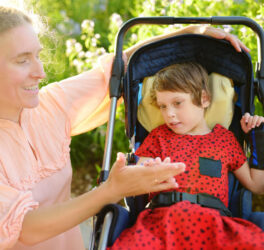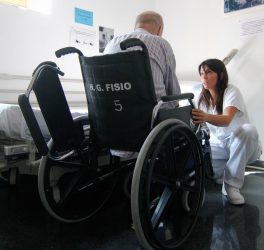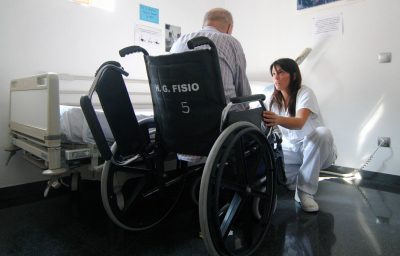A recent study by Johns Hopkins Medicine researchers suggests that exposure to pet dogs before the age of 13 may lessen the chance of developing schizophrenia later in life.
Ever since humans domesticated the dog, the faithful, obedient and protective animal has provided its owner with companionship and emotional well-being. Now, a study from Johns Hopkins Medicine suggests that being around “man’s best friend” from an early age may have a health benefit as well — lessening the chance of developing schizophrenia as an adult.
And while Fido may help prevent that condition, the jury is still out on whether or not there’s any link, positive or negative, between being raised with Fluffy the cat and later developing either schizophrenia or bipolar disorder.
“Serious psychiatric disorders have been associated with alterations in the immune system linked to environmental exposures in early life, and since household pets are often among the first things with which children have close contact, it was logical for us to explore the possibilities of a connection between the two,” says Robert Yolken, M.D., chair of the Stanley Division of Pediatric Neurovirology and professor of neurovirology in pediatrics at the Johns Hopkins Children’s Center, and lead author of a research paper recently posted online in the journal PLOS One.
The researchers caution that more studies are needed to confirm these findings, to search for the factors behind any strongly supported links, and to more precisely define the actual risks of developing psychiatric disorders from exposing infants and children under age 13 to pet cats and dogs.








